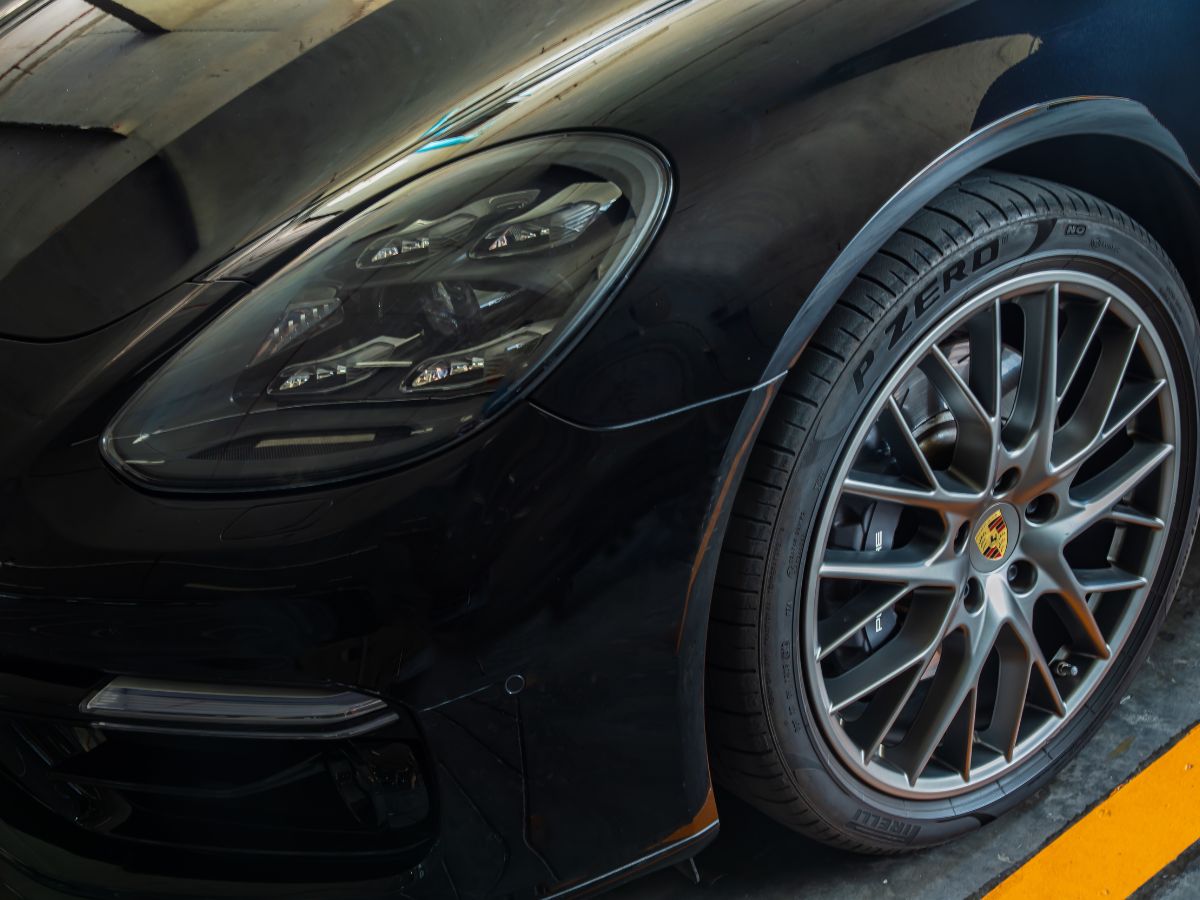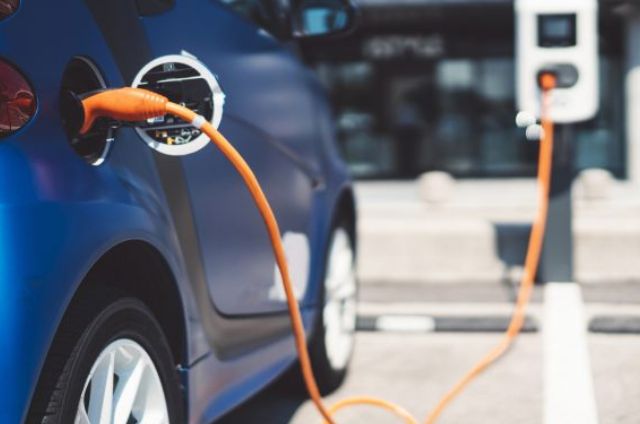Porsche is demonstrating its commitment to sustainability by repurposing used Taycan electric vehicle batteries to power its Leipzig factory in Germany. This innovative project showcases how the automotive giant is finding new ways to use technology and reduce its environmental impact.
From Test Cars to Energy Storage
The energy storage system, made up of 4,400 battery modules from pre-production Taycan test vehicles, has a 5-megawatt capacity. Although these batteries are no longer fit for electric vehicles, they still hold enough energy for stationary use.
Jonathan Dietrich, head of the battery-storage project, outlined the initiative’s purpose as creating electricity storage for the Leipzig plant to improve its efficiency and self-sufficiency. Choosing to reuse the batteries rather than recycling them aligns with Porsche’s broader sustainability goals.
Seamless Integration and Energy Distribution
Porsche claims that the battery modules were integrated into the energy-storage array without requiring any technical modifications. The system is divided into four containers, each connected to an inverter and transformer, ensuring efficient energy distribution.
A Model for the Automotive Industry
This “second-life” battery project not only contributes to Porsche’s internal energy needs but also serves as a model for other manufacturers who seek to reduce waste and maximize the lifespan of EV components. By repurposing batteries for stationary storage, Porsche extends their use and lessens the environmental impact of battery production and disposal.
Benefits for the Leipzig Factory
- First, it extends the lifespan of batteries, reducing the need for new battery production and minimizing waste.
- It allows the factory to rely less on external power sources, reducing operating costs and the carbon footprint.
- Sure, it provides a buffer against power fluctuations and outages, ensuring uninterrupted operations.
- Uses existing resources, avoiding the expense of purchasing new batteries for energy storage.
- Demonstrates a sustainable approach to resource management within the automotive industry.
A Step Towards a Circular Economy
Porsche’s dedication to sustainability is clear in this project, marking a positive move toward a circular economy. As electric vehicle demand rises, finding innovative ways to repurpose batteries will be crucial for reducing waste and maintaining sustainability.


